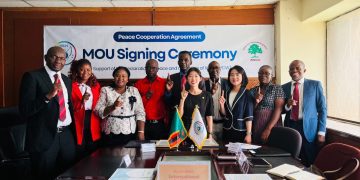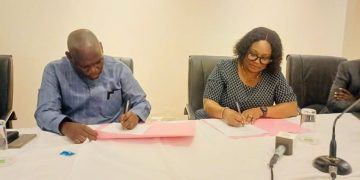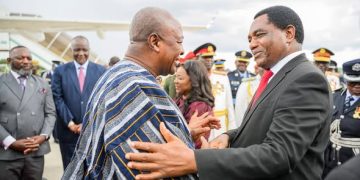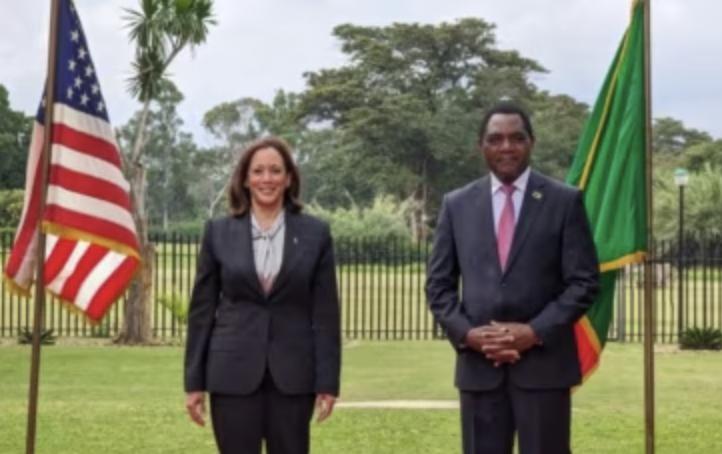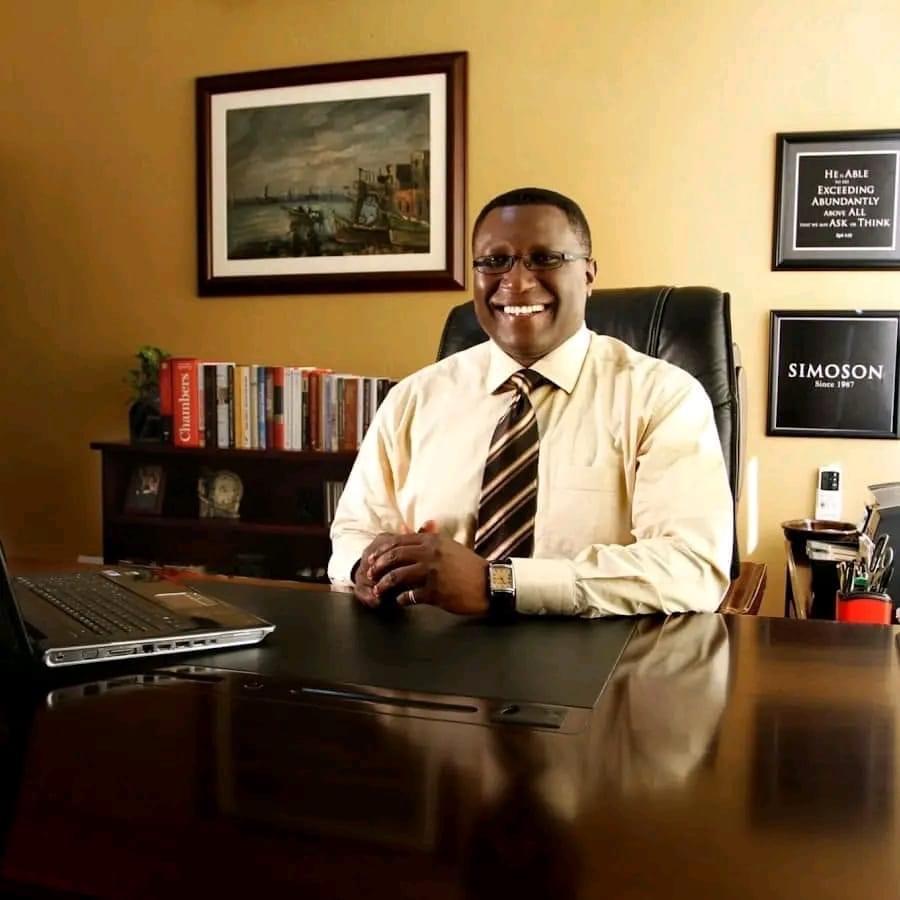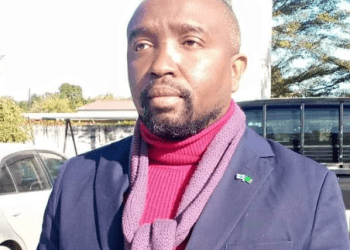Vice President Kamala Harris arrived Friday in Lusaka, Zambia for the final stop of her weeklong trip across Africa.
At her meeting with President Hakainde Hichilema, Harris reiterated her call for “all bilateral official creditors to provide a meaningful debt reduction for Zambia” — an oblique reference to China — but she stressed that “our presence here is not about China.”
Hichilema said it would be “completely wrong” to view Zambia’s interests in terms of a rivalry between the U.S. and China.
“When I’m in Washington, I’m not against Beijing. When I’m in Beijing, I’m not against Washington,” he said, adding that “none of these relationships are about working against someone or a group of countries.”
When the VP arrived, she saw a glittering new airport that’s doubled in size. it’s a reminder of China’s deep influence there. Beijing financed the project, one of many that has expanded its footprint on the continent, often gerating goodwill among its citizens.
The global rivalry between the United States and China has been a recurring backdrop for Harris’ journey, and nowhere has that been more apparent than Zambia and her previous stop in Tanzania.
China’s roots in both Tanzania and Zambia run deep.
Today, China is Africa’s largest two-way trading partner, with $254 billion of business in 2021, according to the United States Institute of Peace. That’s four times the amount of trade between the U.S. and Africa.
In addition, dealing with Beijing features fewer admonishments about democracy than with Washington.
Harris has played down the issue on her trip, preferring to focus on building partnerships independent of geopolitical competition. However, she acknowledged there’s limited time for the U.S. to make inroads on the continent.
The vice president said “It will be a function of the investments that we make starting now to create the momentum that is necessary for this approach to endure.”
John Kirby, a White House national security spokesman, said the debt that comes from China’s involvement is ultimately corrosive. He said African leaders are “beginning to realize that China is not really their friend.”
“China’s interests in the region are purely selfish, as opposed to the United States,” he said.
It’s a sentiment that draws scoffs in some corners of Africa.
“America is like playing the role of a big Uncle Sam in trying to defend African countries against what they think is the encroachment of China into the liberty of African countries through these loans,” said Tanzania-based analyst Mohamed Issa Hemed.
However, he added, “China is ahead of the U.S. in many, many ways.”
Daniel Russel, a former State Department official who is now at the Asia Society Policy Institute, summed up the African perspective as “enough with the lectures” about China. “They’ve got something we want. And they’ve got it right here.”
When it comes to U.S. hopes for Africa, he said, ”you can’t beat something with nothing.”


